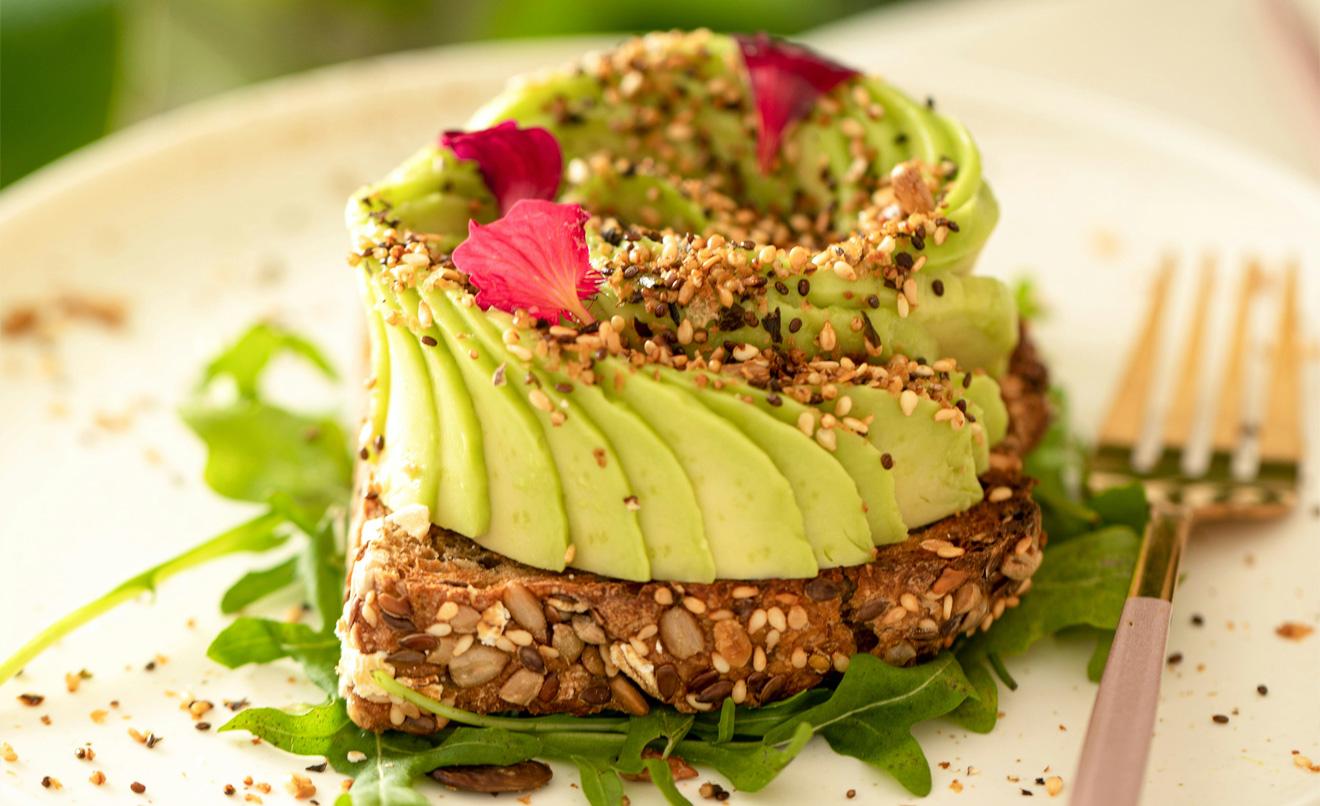If you are considering switching to a vegan diet, take note of the musts for your shopping list. By combining all these food groups, you will be able to create a well-balanced menu.
Following a
vegan diet means avoiding any product of animal origin and, therefore, basing
it exclusively on plants. However, saying no to some foods does not entail a
lack of nutrients in our body. By creating a well-balanced diet, we can have
all the vitamins, minerals, proteins and healthy fats our body needs. These are
some of the foods you cannot miss:
- Tofu: It is made by
coagulating soy drink and has multiple healthy properties and infinite
possibilities in cooking. Its neutral flavor makes it very versatile and
ideal for preparing many recipes. Moreover, tofu
stands out for its high content of proteins, group B and E vitamins and
minerals.
- Seitan: It is known as vegetable meat due
to its texture, consistency, and high protein content. It is made of wheat
gluten and is an ideal alternative to animal protein. Fat-free and source
of fiber.
- Whole grains: Source of soluble
fiber. They contribute to the proper functioning of the intestine and the
heart. Moreover, they are necessary to achieve a sufficient supply of
vitamin B2.
- Seeds: Flaxseed or
chia seeds are two important vegetable sources of omega-3 unsaturated fatty
acids, which are key to the protection of our cardiovascular health. In
addition, they are rich in mucilage and a source of soluble fiber.
- Nuts: Walnuts,
hazelnuts, almonds, pistachios, etc. contain minerals and coenzyme Q10,
which help us recover energy and enhance mental activity.
- Legumes: They are one of
the main sources of vegetable protein. In addition, they are indispensable
to supply high amounts of magnesium and iron to vegan diets.
- Vegetables: They are essential
too. Green-leafy vegetables are remarkable because of their high content
of calcium, magnesium, iron and vitamins C and K.
- Fresh fruits: Obviously, we cannot
miss them because they are rich in vitamins, minerals, fiber and
antioxidants. We can consume them at any time of the day, and they do not need
to be cooked. Their success is due to their variety and the different
seasonal options.
- Plant-based drinks: They are a
great and wide alternative to the habit of having a drink at breakfast or
snack. There are several varieties, including those based on legumes,
cereals, seeds or nuts. Their nutritional profile varies depending on
their main ingredient.
- Cocoa: Following a vegan
diet is not synonymous with boredom. Indeed, for an occasional treat, we
have cocoa-based options, such as our cocoa cream with
no added sugars.
Vegan diets
are beneficial for animal ethics and the sustainability of the planet and health,
but they also have a drawback: the deficiency of vitamin B12. This vitamin, which is necessary for the normal functioning
of the nervous system and is involved in red blood cell formation, is only
found in foods of animal origin since it is produced by the microbial synthesis
in the digestive tract of animals. Therefore, supplementation is necessary in vegan diets.
If you need ideas to create your vegan menu, take note of all these recipes.
